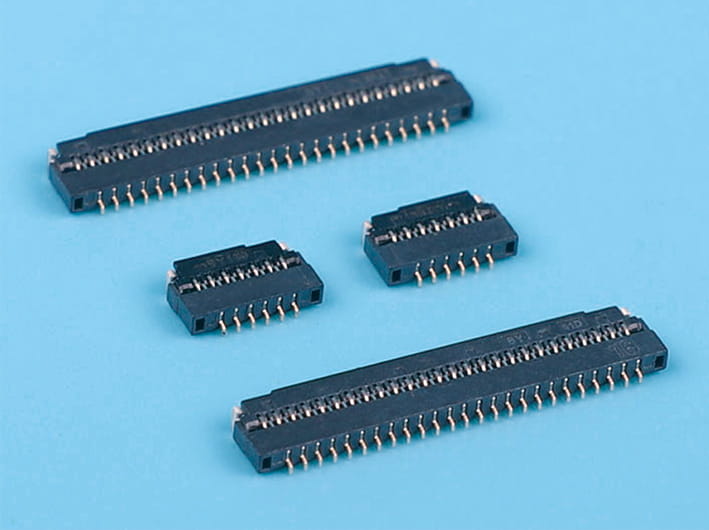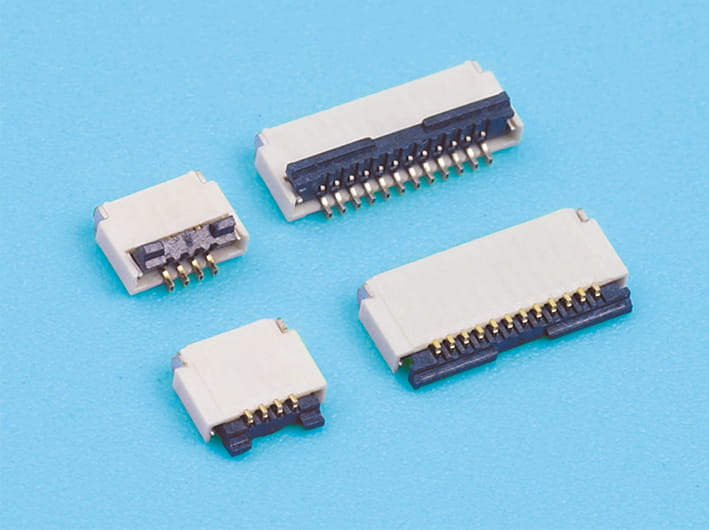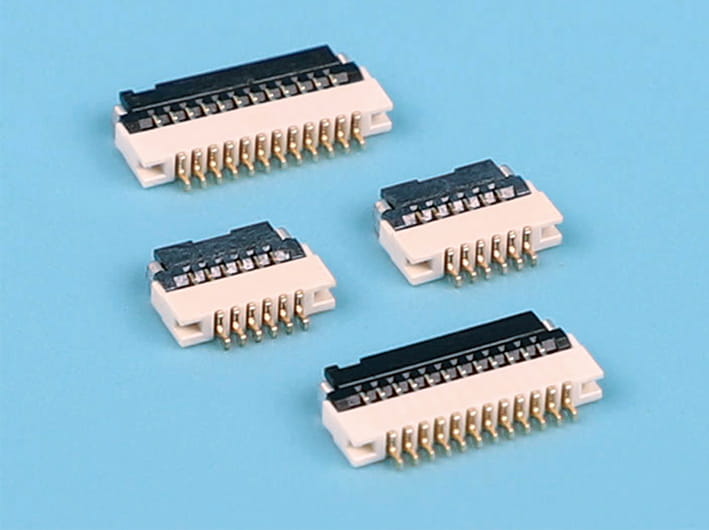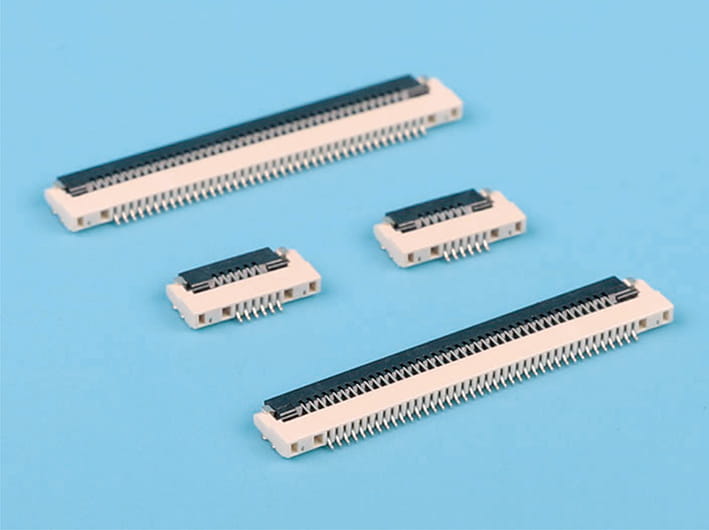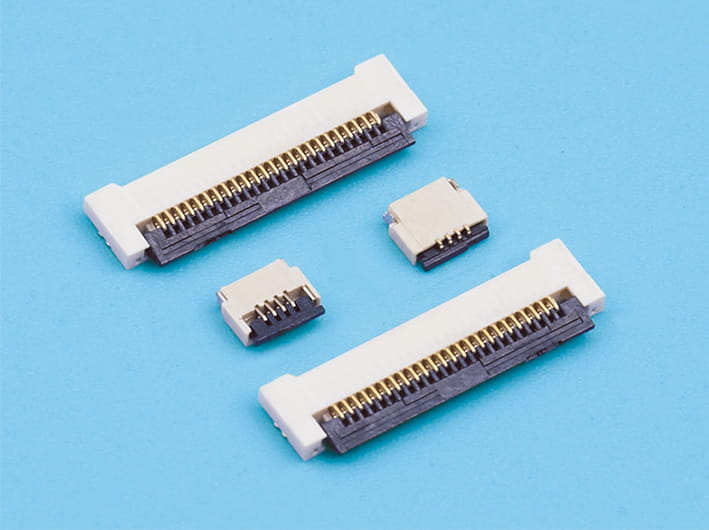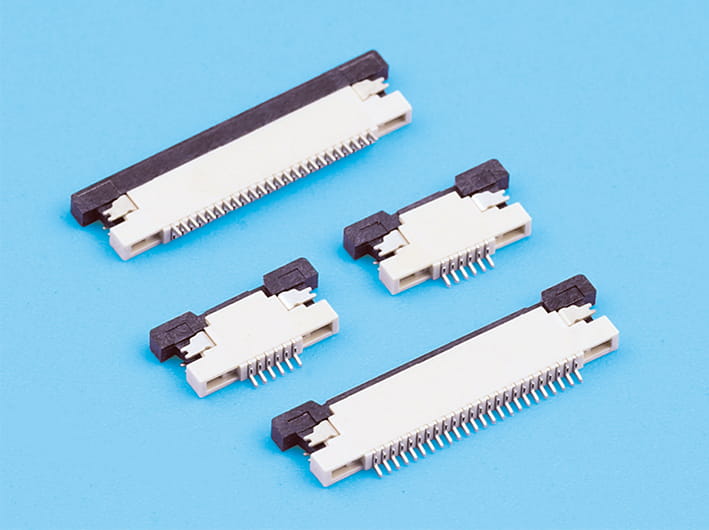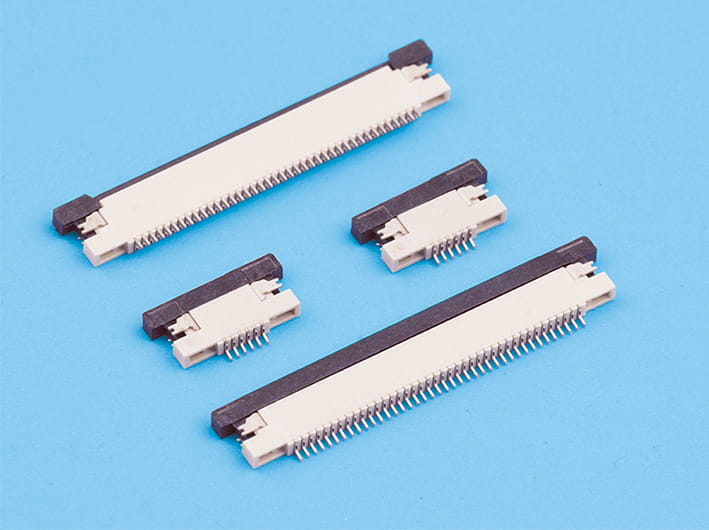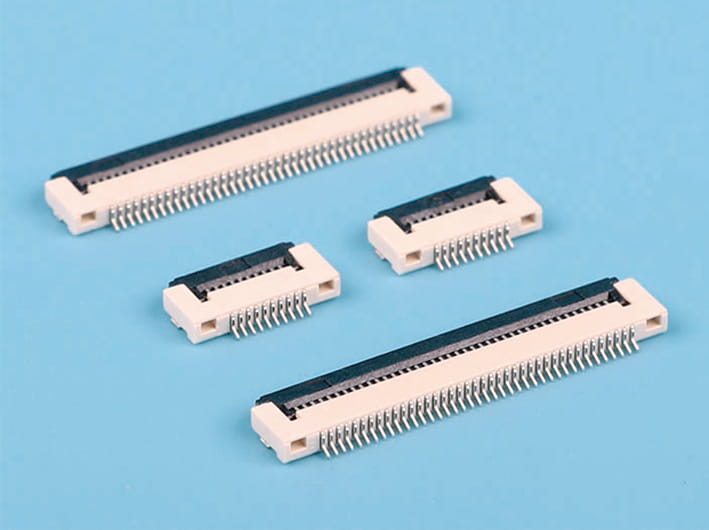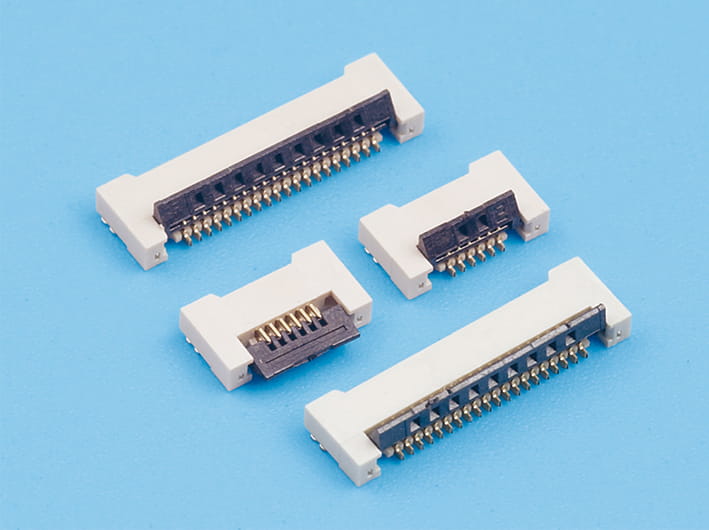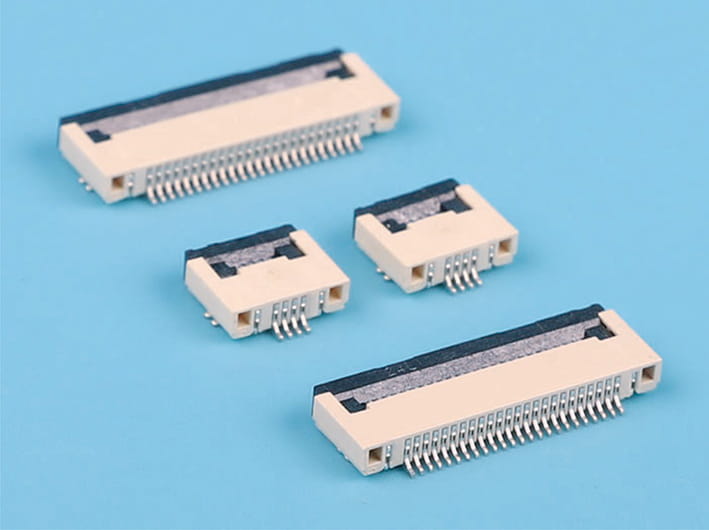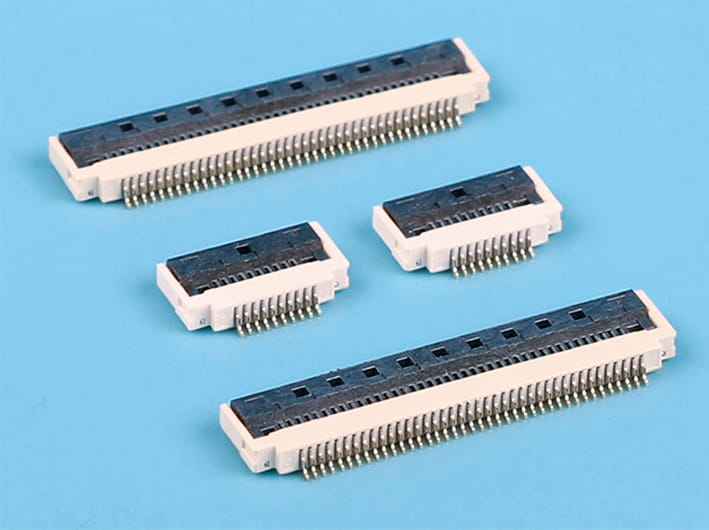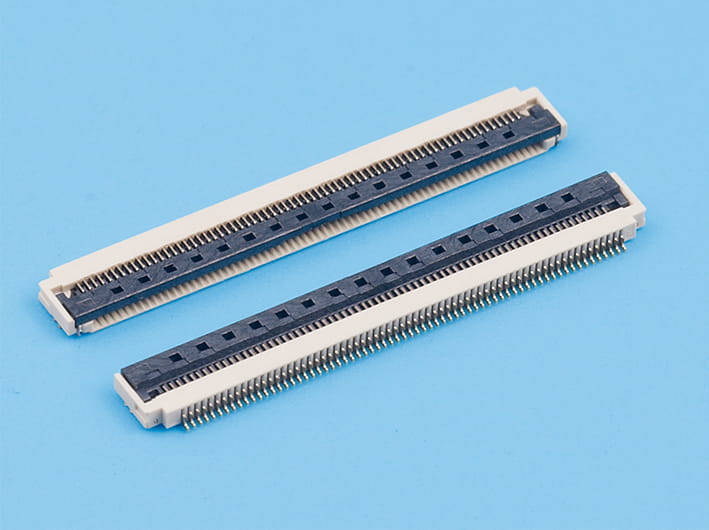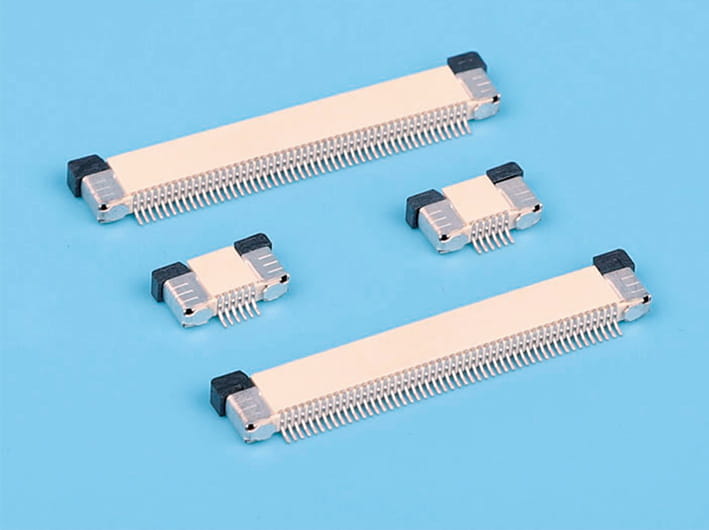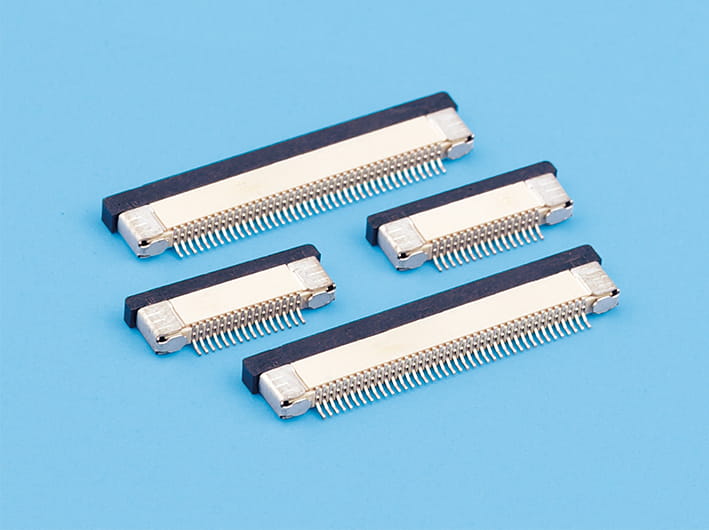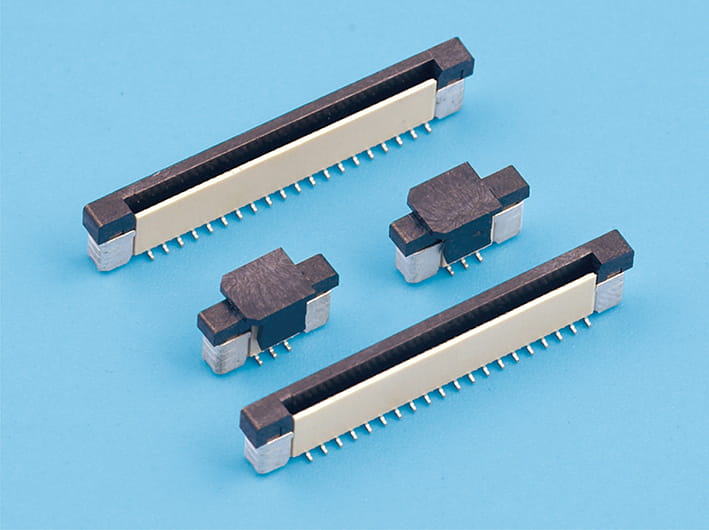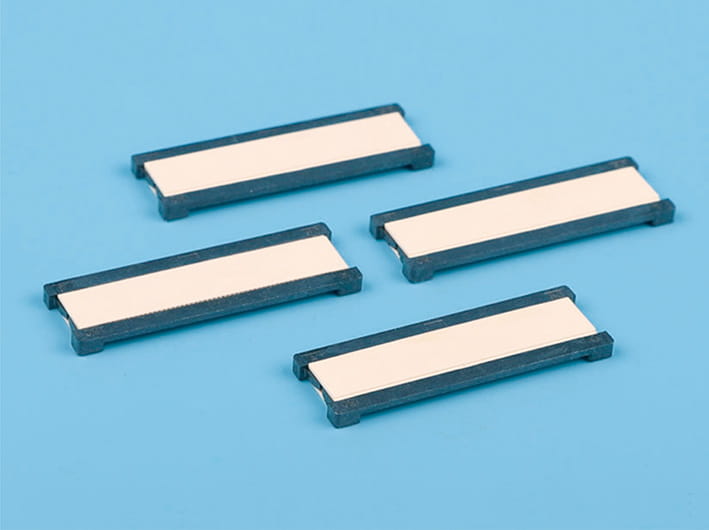Electrical Strip Connectors for Reliable Connections in Power Distribution
Electrical strip connectors are a type of terminal that allows multiple electrical wires to be connected to a single block or strip. These connectors typically consist of metal strips or bars that are fixed within a housing, allowing the wires to be inserted and securely attached. The strip connector block is equipped with a series of contacts, providing a common terminal for different wiring configurations. These connectors are especially useful in environments where multiple wire connections need to be made in a compact and organized manner.

The primary advantage of electrical strip connectors is their ability to handle a variety of wire sizes and provide a secure connection for a large number of cables in a single unit. This makes them highly efficient for applications such as power distribution, control systems, and circuit management.
Why Are Strip Connectors Essential for Power Distribution?
Reliable electrical connections are critical in power distribution systems, where the safety and functionality of the entire setup depend on secure and efficient wiring. Power distribution networks often involve numerous cables and connections, each responsible for transmitting power to various components of the system. In such systems, any failure or instability in the connections can result in significant issues, including power outages, system failures, or even electrical fires.
Electrical strip connectors offer several key advantages in ensuring these systems run smoothly:
1. Ease of Installation: One of significant benefits of using strip connectors is their ease of installation. With strip connector blocks, technicians can quickly and securely connect multiple wires to a single terminal. This reduces the time required for installation and simplifies the process of setting up complex electrical systems.
2. Improved Organization: Strip connectors help maintain an organized and efficient wiring setup. By grouping wires together in a structured manner, these connectors reduce the risk of tangled wires and provide clear, easy access to individual connections. This is particularly valuable in large-scale power distribution systems where maintaining a neat and organized layout is essential for both functionality and safety.
3. Versatility: Electrical strip connectors come in various designs and configurations, allowing them to be used for a wide range of applications. Whether in low-voltage or high-voltage systems, strip connector blocks can be adapted to suit different needs, making them highly versatile. They can handle both small and large currents, making them suitable for everything from residential electrical panels to industrial machinery.
4. Enhanced Safety: Electrical strip connectors are designed to reduce the risk of short circuits or loose connections, which are common causes of electrical hazards. By providing a secure and reliable connection between wires, these connectors help prevent electrical fires and ensure that the power distribution system functions without interruption. The secure locking mechanism of the strip connector block prevents accidental disconnections, providing an extra layer of protection.
5. Cost-Effectiveness: Compared to other types of connectors, electrical strip connectors are relatively cost-effective, especially for large-scale installations. Their ability to handle multiple connections within a single unit reduces the need for excessive wiring and individual connectors, which can lower overall installation and maintenance costs.
Applications of Electrical Strip Connectors
Electrical strip connectors are used in a wide variety of applications, from residential buildings to industrial power systems. Some common uses include:
- Power Distribution Panels: In residential and commercial buildings, electrical strip connectors are used in power distribution panels to connect wires from the main power source to individual circuits. These connectors help ensure that the power is distributed safely and efficiently to various parts of the building.
- Industrial Automation: In factories and warehouses, strip connector blocks are used to connect control panels to machinery. They provide reliable connections for systems that require frequent power switching or high current loads.
- Control Systems: Electrical strip connectors are widely used in control systems, where multiple components need to be connected. These connectors allow for easy wiring and ensure that control signals are transmitted without interference or loss.
- Renewable Energy Systems: With the rise of solar and wind power systems, electrical strip connectors play an essential role in connecting the power generated by renewable sources to the grid or battery storage. They help maintain efficient power flow and reduce the risk of system failures.



 English
English 中文简体
中文简体 Español
Español عربى
عربى